ANTIHISTAMINES/DECONGESTANTS - ORAL
PHONETIC PRONUNCIATION:
GENERIC NAME(S): dexbrompheniramine maleate/pseudoephedrine sulfate
Uses
USES: This combination medication is used to temporarily relieve symptoms caused by the common cold, flu, allergies, or other breathing illnesses (such as sinusitis, bronchitis). Antihistamines help relieve watery eyes, itchy eyes/nose/throat, runny nose, and sneezing. Decongestants help to relieve stuffy nose and ear congestion symptoms. If you are self-treating with this medication, carefully read the package instructions to be sure it is right for you before you start using this product. Some products have similar brand names but different active ingredients with different uses. Taking the wrong product could harm you. Ask your pharmacist if you have any questions about your product or its use. Cough-and-cold products have not been shown to be safe or effective in children younger than 6 years. Therefore, do not use this product to treat cold symptoms in children younger than 6 years unless specifically directed by the doctor. Some products (including some long-acting tablets/capsules) are not recommended for use in children younger than 12 years. Ask your doctor or pharmacist for more details about using your product safely. Do not use this product to make a child sleepy. These products do not cure or shorten the length of the common cold and may cause serious side effects. To decrease the risk for serious side effects, carefully follow all dosage directions. Do not give other cough-and-cold medication that might contain the same or similar ingredients (see also Drug Interactions section). Ask the doctor or pharmacist about other ways to relieve cough and cold symptoms (such as drinking enough fluids, using a humidifier or saline nose drops/spray).
How to use ANTIHISTAMINES/DECONGESTANTS - ORAL
HOW TO USE: Take this medication by mouth as directed by your doctor. If you are self-treating, follow all directions on the product package. If you are uncertain about any of the information, ask your doctor or pharmacist. This medication may be taken with food if stomach upset occurs. Drink plenty of fluids unless otherwise directed by your doctor. If you are using the liquid form of this medication, carefully measure the dose using a special measuring device/spoon. Do not use a household spoon because you may not get the correct dose. If your liquid form is a suspension, shake the bottle well before each dose. Do not crush or chew extended-release tablets or capsules. Doing so can release all of the drug at once, increasing the risk of side effects. Also, do not split extended-release tablets unless they have a score line and your doctor or pharmacist tells you to do so. Swallow the whole or split tablet without crushing or chewing. If you are using chewable tablets, chew each tablet thoroughly before swallowing. If you are using a product made to dissolve in the mouth (tablets/strips), dry your hands before handling the medication. Place each dose on the tongue and allow to dissolve completely, then swallow it with saliva or with water. Dosage is based on the product you are taking and your age, medical condition, and response to treatment. Do not increase your dose or take this medication more often than directed without your doctor's approval. Improper use (abuse) of this medication may result in serious harm (such as hallucinations, seizure, death). If your doctor directs you to take this medication daily, take it regularly to get the most benefit from it. To help you remember, take it at the same time(s) each day. Tell your doctor if your condition persists for more than 1 week, if it worsens, or if it occurs with fever, rash, or persistent headache. These may be symptoms of a serious medical problem and should be checked by a doctor.
Side Effects
Precautions
Interactions
Overdose
Images
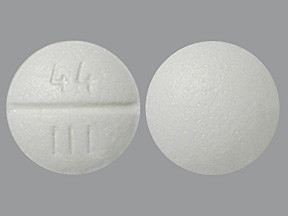
- color
- white
- shape
- round
- imprint
- 44 111
Reviews
Faq for ANTIHISTAMINES/DECONGESTANTS - ORAL
Antihistamines and decongestants are used to provide relief from symptoms associated with allergies, such as sneezing, itching, watery eyes, and nasal congestion.
Antihistamines work by blocking the effects of histamine, a substance produced by the body during an allergic reaction. This helps alleviate symptoms like itching, sneezing, and runny nose.
Yes, some antihistamines can cause drowsiness as a side effect. However, there are also non-drowsy versions available that are less likely to cause this effect.
Common side effects of antihistamines may include drowsiness, dry mouth, blurred vision, dizziness, and constipation.
Decongestants are used to relieve nasal congestion by narrowing the blood vessels in the nasal passages, reducing swelling and relieving pressure.
Yes, antihistamines and decongestants can be taken together as they target different symptoms. However, it is always recommended to consult a healthcare professional for proper dosage and guidance.
Yes, individuals with certain medical conditions such as high blood pressure, heart disease, glaucoma, or prostate problems should use antihistamines and decongestants with caution. It's best to consult with a healthcare provider before taking them.
Some antihistamines and decongestants are safe for children, but it is important to use child-specific formulations and dosage recommendations. Consult with a pediatrician for guidance.
It is advisable to consult with a healthcare professional before using antihistamines or decongestants during pregnancy or while breastfeeding, as some may have potential risks and should be used with caution.
Disclaimer
IMPORTANT: HOW TO USE THIS INFORMATION: This is a summary and does NOT have all possible information about this product. This information does not assure that this product is safe, effective, or appropriate for you. This information is not individual medical advice and does not substitute for the advice of your health care professional. Always ask your health care professional for complete information about this product and your specific health needs.
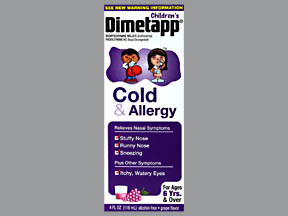
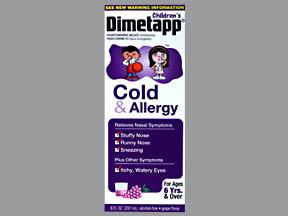
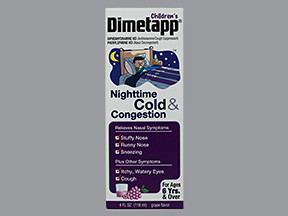
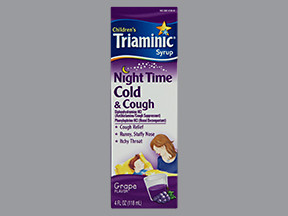
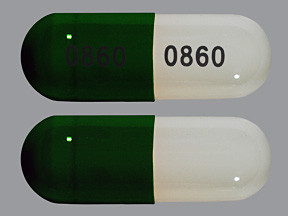
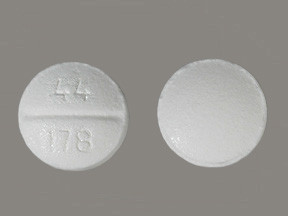
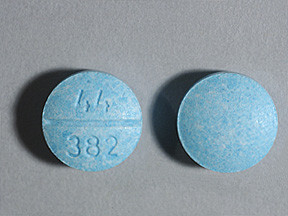
No Reviews Yet